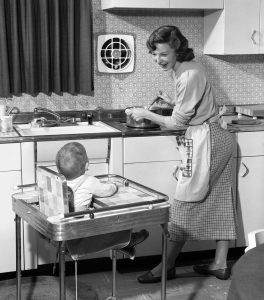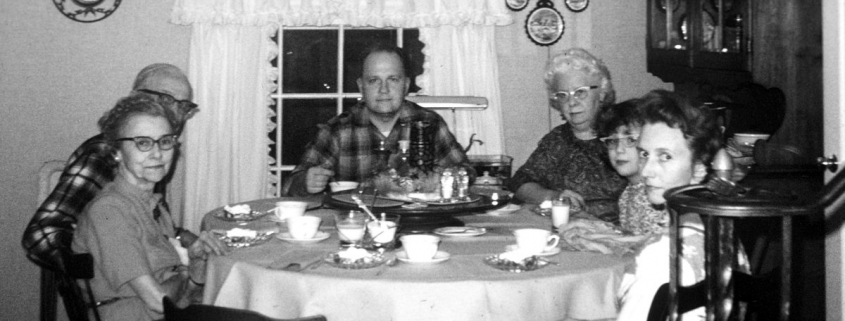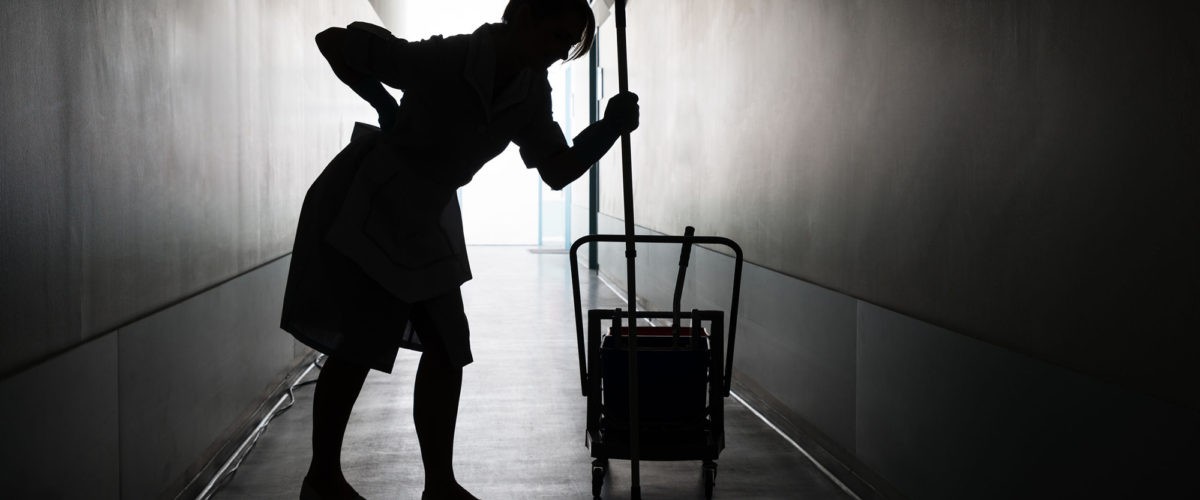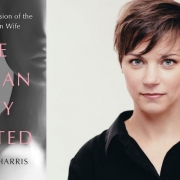Complementarianism may promote the death of the family
This article originally appeared at Baptist News Global on June 28, 2023.
“Lois! Get me my 10-cubed Pepsi!” my former Bible professor would yell across the house in their biblical home. His wife would immediately drop whatever she was doing, fill a glass with exactly 10 ice cubes, pour his Pepsi, and hand it to him as he sat in his chair.
Even though many of us didn’t grow up in such a blatantly misogynistic home, the power dynamics reveal a story many of us have watched all our lives. The women quietly clean the house in preparation for the family gathering, happily cook and serve the meal, and then enjoy their conversation cleaning up after the meal while the men of the family walk off with full bellies to watch football.
The biggest focus of evangelicalism and perhaps the greatest opportunity for connection with non-Christians today is the family. But evangelicalism’s obsession with “the created order” of biblical manhood and womanhood completely undermines its chances to connect on common ground.
The evolution of the family
The “biblical family” gets tossed around with its neatly packaged, static definitions and carefully segregated roles. But the reality is that healthy families today look nothing like families in the Bible.
On a macro level, families have evolved from patriarchal alliances of property ownership and wealth distribution for the purpose of providing heirs to the individual choices between consenting adults who desire to love each other and live together based on chemistry and compatibility.
On a micro level, evolution tends to happen slowly over time in unnoticeable ways. But in recent years, the evolution of the family has picked up considerably.
According to research by the Survey Center of American Life: “American family life has profoundly changed over the past half century. The marriage rate is falling, women are having fewer children, and many Americans, young adults in particular, are rethinking what it means to be a family.”
Ironically, even though the family is being reimagined, it’s the one institution in American society that is held with a positive, hopeful optimism. Just 26% of Americans consider marriage to be “old-fashioned and out-of-date,” compared to 74% who disagree. The numbers are consistent between young adults (71%) and seniors (77%) and between men (73%) and women (74%). And while young people are often criticized by evangelicals for having sex outside of marriage, 76% of singles between 18 and 29 years of age maintain they are interested in getting married someday.

(Photo by H. Armstrong Roberts/ClassicStock/Getty Images)
Domestic duties for married mothers
In the face of such common interest, the disconnect happens due to the disparity and dissatisfaction that come from gendered roles and responsibilities in the home.
According to the Survey Center of American Life: “Women appear to take on a far greater burden, particularly with decisions regarding children.”
When asked who is responsible for the following duties in the home more often than their partner, respondents said:
- Scheduling children’s playdates — men 11%, women 69%
- Making doctor’s appointments and health decisions — men 17%, women 79%
- Planning social activities and outings — men 18%, women 51%
- Cleaning the house — men 19%, women 65%
- Doing laundry — men 21%, women 67%
- Cooking meals — men 27%, women 63%
- Paying bills and tracking spending — men 52%, women 54%
- Doing yard work or home repairs — men 70%, women 14%
With the exceptions of finances, yard work and repairs, the overwhelming responsibility for domestic duties falls on women, regardless of their employment status. The study also shows the numbers are more extreme for families with children.
So imagine what these numbers would be for Christian women who live in families that believe women are designed by God to fulfill what Desiring God calls “domestic proclivities and graces.”










Leave a Reply
Want to join the discussion?Feel free to contribute!